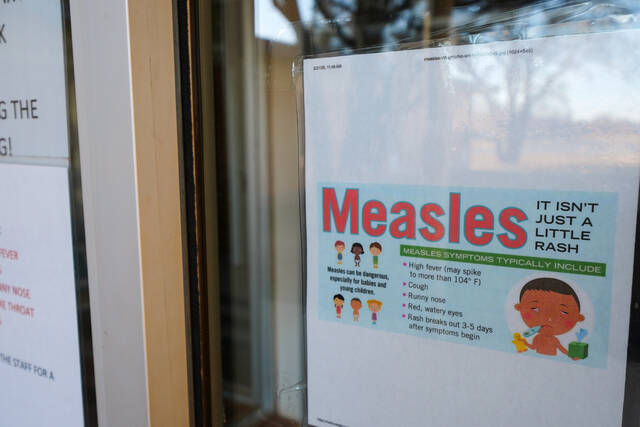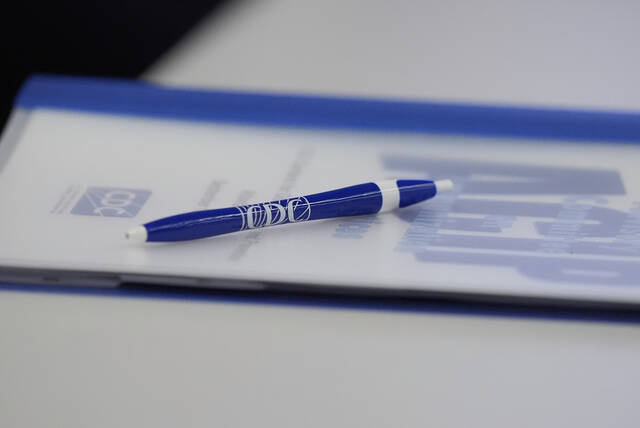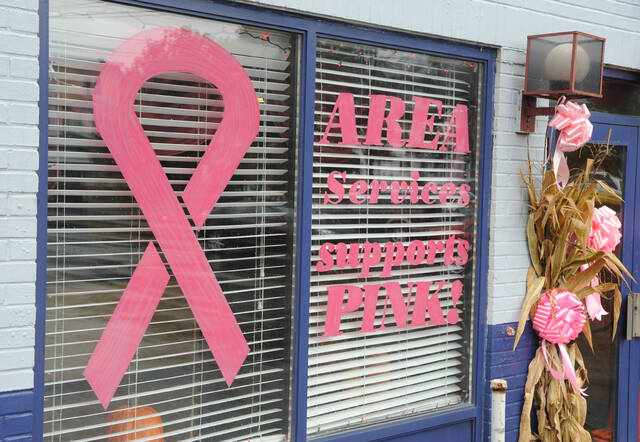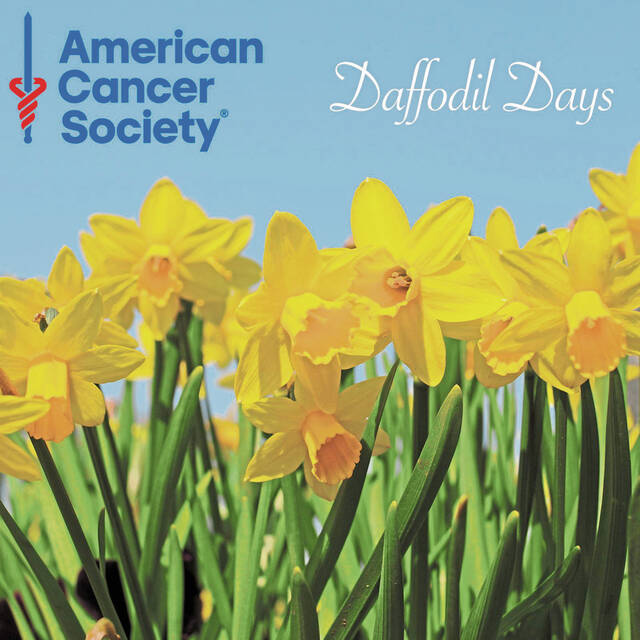I can’t really have breast cancer. That is the shock every woman goes through when hit with the diagnosis. Then comes the fear, the fight, the treatment, maybe more fear — all of which I knew about — but the post-cancer treatment, not so much.
As a breast cancer survivor who nipped the disease early several years ago, it was surprising what recovery meant. For me and others, it took a lot of time, a cancer-certified physical trainer, counselors, dietitians, tae kwon do, weight lifting and a Kevin Bacon TikTok video on how to eat a mango for breakfast.
Now, breast cancer survival is about changing up what you can to avoid a reoccurrence. That means exercise, a predominantly plant-based diet with minimal alcohol consumption and chilling out. Then there are side effects from surgery and post-cancer drugs that can cause weight gain, depression, insomnia and more malaise.
A lot changes in recovery.
Going to the grocery store and seeing all the things you can’t eat; realizing and missing the things you can no longer do like the overplayed women-drinking-lots-of-wine gig. It’s leaving that fun behind and starting over when your peers think you are the same, but you are not.
Most of my help came free and under the umbrella of the “Living Life Post Cancer Treatment” workshop offered by Our Clubhouse, formerly a Gilda’s Club, a nonprofit in Pittsburgh’s Strip District. The club was named after the comedian Gilda Radner who died of ovarian cancer.
The Clubhouse offers free workouts, physical assessments, dietary advice and experts as part of its workshop and other perks such as a free makeover and haircut from a team of stylists from Philip Pelusi Salons.
The Clubhouse’s post-cancer treatment workshop was developed by physicians and health experts from UPMC and Allegheny Health Network. Some of those experts authored a study published earlier this year on the feasibility of adding a personal trainer to breast cancer post-treatment.
“People who get a cancer diagnosis have a window to change, but they often don’t know how. And if they do change, they don’t sustain,” said Dr. Josie van Londen, one of the authors of the study, who is an oncologist and director of the UPMC LiveWell Survivorship program.
The study found that increased exercise through personal training increased the stamina and condition of recovering cancer patients, helping them find a new normal, said Janette Poppenberg, a certified cancer exercise trainer and another of the study’s authors.
Increased physical activity decreases the chances of reoccurrence of breast and 14 other types of cancer, according to Poppenberg and a number of studies.
While this and other studies document the importance of post-cancer activities and changes, health insurance does not pay for it. Consequently, many women don’t get the extra help.
“We need to recognize we need an equivalent of cardiac rehab for cancer survivors,” Poppenberg said.








